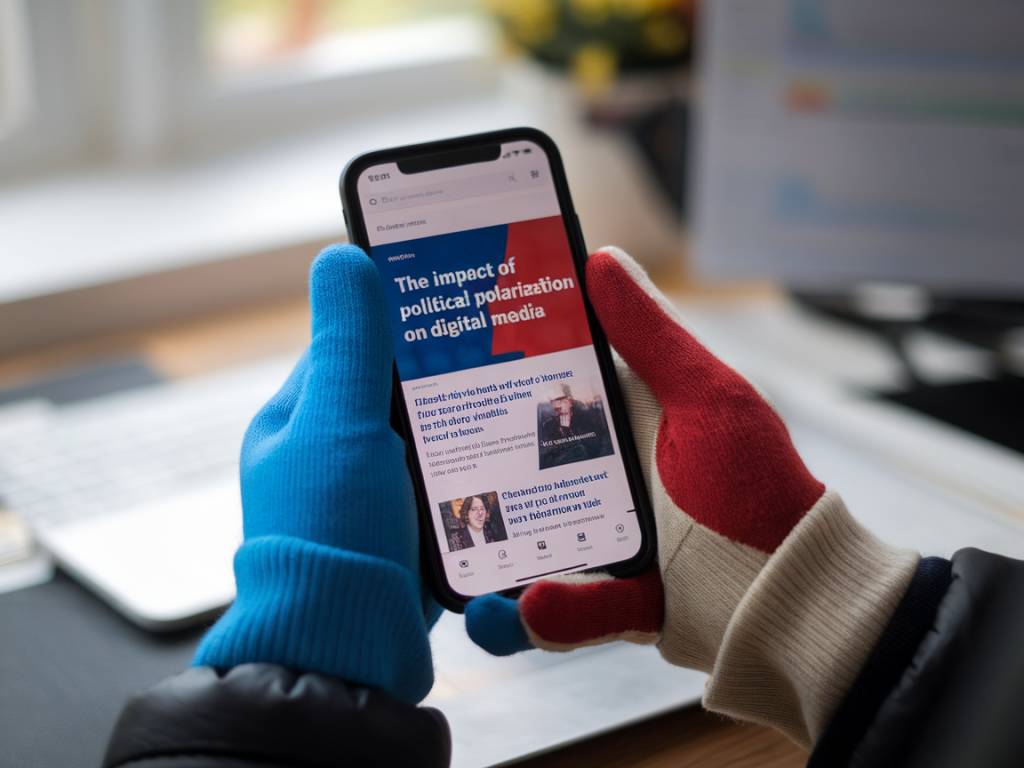The Rise of Citizen Journalism in an Era of Misinformation
In an age where information spreads at lightning speed, traditional news media is no longer the sole gatekeeper of truth. Enter citizen journalism — a digital-age phenomenon that empowers ordinary individuals to document, report, and analyze current events. But in a landscape plagued by misinformation, is citizen journalism a safeguard for truth or an amplifier of disinformation?
The Power of Citizen Journalism
From the Arab Spring to the war in Ukraine, citizen journalists have played a crucial role in shaping public discourse. Armed with a smartphone and social media access, anyone can share breaking news, expose injustices, or offer firsthand accounts that challenge official narratives.
Some of the most impactful news stories of the past decade have originated from citizen journalists rather than conventional media outlets. Think of the footage of George Floyd’s murder in 2020—captured by a bystander and shared online, it ignited a global movement against police brutality. Traditional journalists later built upon this primary source, but it was a citizen journalist who first shed light on the event.
Filling the Gaps Left by Traditional Media
While professional journalists adhere to editorial policies, deadlines, and budget constraints, citizen journalists operate in real-time. This enables them to cover events that mainstream media might overlook—especially in authoritarian regimes where press freedom is restricted.
Take China’s early Covid-19 outbreak, for instance. Citizen journalists like Zhang Zhan risked persecution to expose the reality of overflowing hospitals and government cover-ups. Without such independent reporting, the world might have remained in the dark for longer, potentially delaying critical public health responses.
The Misinformation Dilemma
However, the very nature of citizen journalism presents a significant challenge: credibility. Unlike traditional media, which relies on editorial oversight, citizen journalism lacks structured fact-checking processes. This makes it susceptible to misinformation, propaganda, and misinterpretations.
The rise of social media has exacerbated this issue. An unverified tweet can gain traction within minutes, outpacing official corrections. The infamous « Pizzagate » conspiracy, which falsely linked prominent figures to a child trafficking ring, originated and spread through citizen-led internet investigations, illustrating the dangers of unchecked reporting.
Balancing Freedom and Responsibility
So, how can citizen journalism thrive without contributing to the misinformation epidemic?
- Verification Tools: Fact-checking resources like Snopes, Google Reverse Image Search, and AI-driven verification platforms can help validate content before sharing.
- Media Literacy: Educating the public on how to distinguish between credible and dubious sources is essential. The era of « click first, think later » must end.
- Collaboration with Traditional Media: When citizen journalists work alongside professional reporters, their firsthand accounts can be vetted, contextualized, and given the credibility they deserve.
The Future of Citizen Journalism
Despite its drawbacks, citizen journalism is here to stay. It has democratized news reporting, shattered monopolies on information, and challenged oppressive regimes. Platforms like Twitter, Telegram, and decentralized news communities ensure that voices once silenced can now be heard worldwide.
The responsibility now lies with both citizen journalists and consumers to maintain a high standard of integrity. In an era where misinformation can shape elections, drive social unrest, and even endanger lives, the ability to differentiate fact from fiction has never been more critical.
As technology advances, we may see AI-driven fact-checking tools integrated directly into social media platforms, or citizen journalists leveraging blockchain verification mechanisms to ensure authenticity. Regardless of the methods, one truth remains: information is power, and with power comes responsibility.







